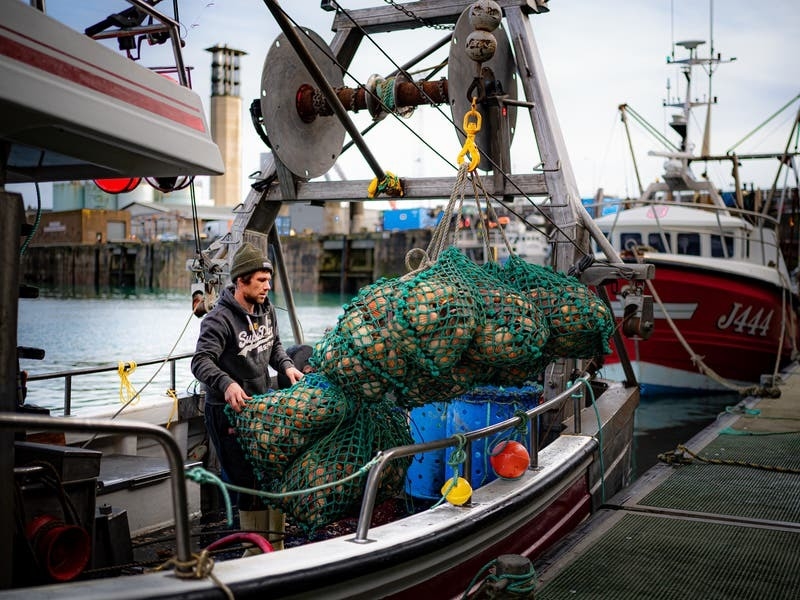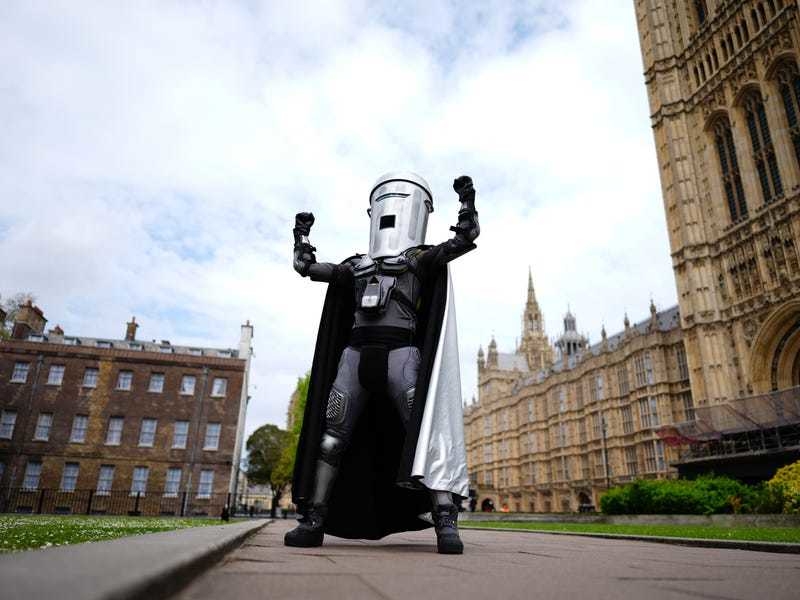Jersey Side by Side was a moving response to the devastation wrought by the Asian tsunami and testament to the willingness to empathise with and contribute to those stricken by a far-off disaster.
There is by nature a Good Samaritan in all of us, whether or not we have been indoctrinated with the belief that it’s better to give than to receive. I am well aware that there are some widely differing views of the policy of humanitarian aid-giving – mainly with regard to its distribution rather than against the principle that those who are genuinely afflicted should receive rescue and support whether victims of natural disasters, poverty or the ravages of war.
I have to confess that I have found it difficult to understand the decision by the BBC and some other broadcasters to resist transmitting an appeal for humanitarian aid to the victims of the conflict in Gaza by the Disasters Emergency Committee, an umbrella organisation which launches and co-ordinates charitable responses to major disasters overseas.
The Corporation’s policy-makers are now mired in arguments about editorial impartiality, which appear to have failed to convince many political and religious leaders and, particularly, members of its journalistic staff.
It is hard to believe that airing such an appeal on behalf of civilians whose plight has been daily brought to our TV screens by the same media outlets could be judged as anything other than unbiased and philanthropic.
The decision prompted a senior UN official privy to reports from beleaguered UNWRA operatives in the war zone to cancel scheduled interviews with BBC outlets on the grounds that the Corporation’s refusal to broadcast the appeal ‘violates the rules of basic human decency which are there to help vulnerable people irrespective of who is right or wrong’.
So, the broadcaster is being caned for its strict adherence to what one can only interpret as a desire
not to identify with either of the political bully-boys who caused the mayhem. Curiously, this consideration didn’t seem to worry them too much when appeals were broadcast last year on behalf of Burmese cyclone victims who were being denied aid by an obdurate regime. It’s the more confusing given the repeated prompting within programmes to visit the DEC’s Gaza appeals website!
THE problem, of course, is that aid-giving inevitably involves politics: generosity can often be outweighed by ideology. We all know that ‘client states’ do best from friendly donors keen to secure future political influence and economic interest. It extends to humanitarian assistance, too.
The Bush administration denied US funding to much-needed family planning programmes because of pressure by American zealots protesting against abortion. As a result, relief has frequently proved sporadic and arbitrary.
Moreover, in the past, there has indeed been the suspicion that some NGOs have deliberately inflated the numbers of people affected in order to gain a disproportionate slice of the cake. It is also difficult not to acknowledge that some aid does go astray, ending up in political pockets in recipient countries.
A year ago, for example, Kenya was under the spotlight after the near civil war following disputed elections. Huge quantities of aid flowed in to help victims of inter-communal massacres and scorched-earth tactics in a country which now boasts one of the fastest-growing, most privileged bureaucracies in Africa.
BUT there is another curious factor. Call it guilt or compassion, but in the wake of the Second World War, the western victors over Nazi Germany undertook huge efforts to alleviate the suffering of defeated populations in Europe. After the war in the Pacific the Allies similarly brought relief to a humbled Japan.
Even in Iraq, after having destroyed much of the country’s infrastructure, valiant efforts were undertaken by coalition forces to patch it up once the military objective had been achieved.
Don’t hold your breath, though, in the aftermath of the recent bombardment of Gaza. There, a ghettoised civilian population continues to endure collective bloody punishment for the activities of a band of seemingly uncontrollable militant hot-heads, and international aid agencies have repeatedly found their humanitarian efforts blocked and their operations targeted.
‘It is our moral duty to care about people and help them to help themselves’ – not my words, but those of the Jersey Overseas Aid Commission, which administers funds in excess of £7 million in grants to charities working overseas, community work projects and disasters and emergencies. The JOAC has just earmarked £75,000 for medical aid for Gaza and a similar sum to cholera-stricken Zimbabwe.
Now there has been much debate about the amount the Island contributes in relation to its GDP – or GNI, as it’s now calculated – but in terms of per capita giving it represents twice that of the United States.
At the same time, you only have to open the pages of this newspaper to read about ambitious projects being undertaken in Kenya, Uganda and Asia by enterprising local organisations.
Indeed, the Island has a proud tradition of support for charitable organisations both at home and overseas. The opening of the Red Cross shop in St Helier prompted many to remember
the relief brought by the SS Vega during their darkest hours of the Occupation.
Through the immediacy of the world’s media, the plight of the suffering is no longer anecdotal. At the same time, it highlights the courage and fortitude of selfless individuals and agencies who strive to bring comfort and succour to distressed communities regardless of political affiliation.
It is therefore vital that those wishing to contribute towards aid are provided with fair information and accessibility, confident that their generosity is untarnished by political expediency.






